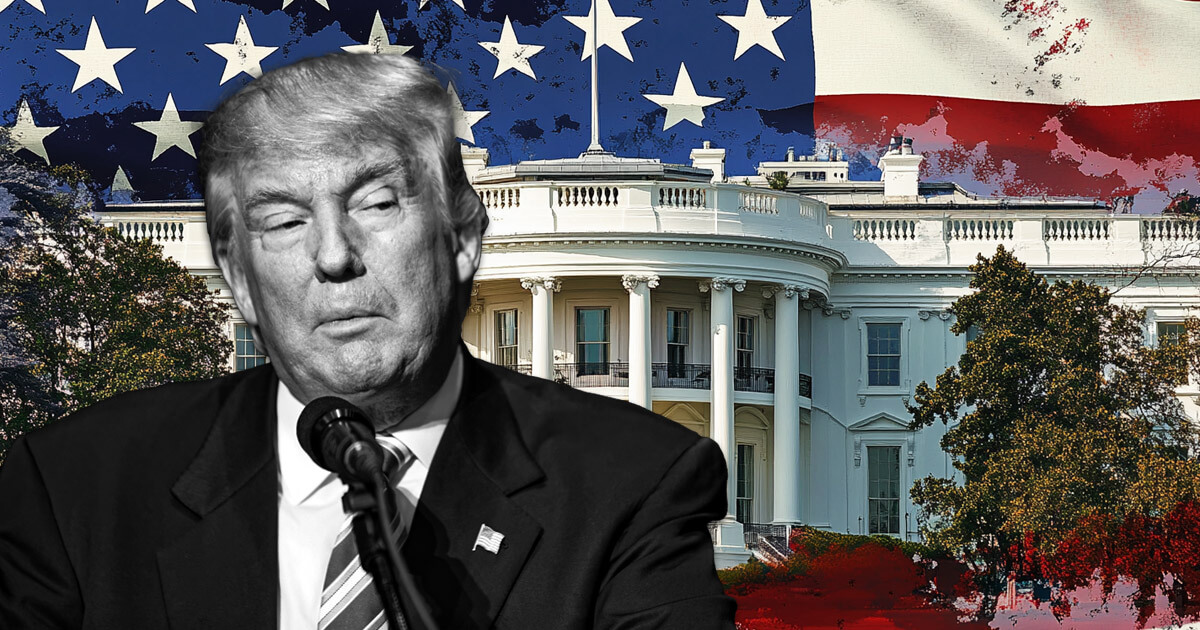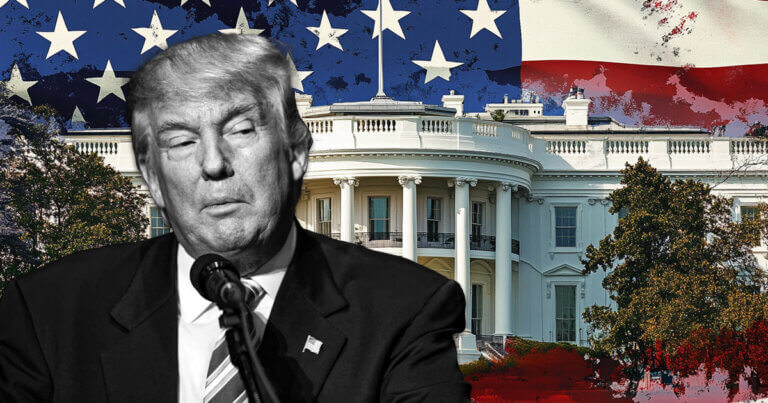Ethics watchdogs have raised concerns over former President Donald Trump’s promotion of his sons’ upcoming crypto project, warning that it could pose a significant conflict of interest if he returns to the White House in 2024.
The venture, reportedly named World Liberty Financial, was recently promoted by Trump on social media and comes amid his vocal support for the digital asset industry and recent promises to implement crypto-friendly policies.
Under scrutiny
The Trump family’s business dealings have been under ethical scrutiny before, particularly during the former president’s first term in office when he was criticized for not divesting from his business holdings.
Trump’s frequent visits to properties he owned, often accompanied by government officials, were widely seen as leveraging his presidency to benefit his business empire. The potential launch of World Liberty Financial could reignite these concerns, especially if the venture operates under the Trump Organization umbrella.
The new venture adds another layer to these concerns, as Trump’s recent pro-crypto stance seems to align directly with the interests of his sons’ forthcoming business. Critics argue that his promotion of the venture, coupled with his pledge to make the US the “crypto capital of the planet,” raises serious ethical questions.
Ishan Mehta, director for media and democracy at Common Cause, a nonprofit advocating for government transparency, told Politico that it is highly problematic when a political figure advocates for policies that could directly benefit a business venture involving their family members, as this creates a clear conflict of interest.
May not violate laws
Meanwhile, some ethics experts argue that while the venture’s optics are troubling, it may not technically violate existing ethics laws.
Richard Painter, who served as chief White House ethics lawyer under President George W. Bush, acknowledged that while the situation looked bad, it would not necessarily breach legal standards. He told Politico:
“From an optics perspective, it’s terrible. But it wouldn’t violate any ethics laws.”
However, others have countered that the situation could still have serious implications for public trust in government. Norman Eisen, an ethics lawyer who served in the Obama administration, told the newspaper that this case could be different from past controversies.
He explained that while previous conflicts exploited existing loopholes, in this case, Trump seems to be planning to create new loopholes, with his family simultaneously developing a business to take advantage of them.



